by Alexandra Jamieson, CHHC, CAPP
As a 29-year-old PhD candidate in biology at Columbia University, Denise struggled with chronic stress that reared its ugly head as headaches, weight loss resistance, and as she described it, “being ridiculously uptight in social situations.”
I sensed that tension during our first meeting. As a health and life coach, I teach clients how play takes us out of our heads and encourages our bodies to take the lead.
I told Denise I wanted her to play more. As a serious student and scientist, she initially feared play meant her (mostly male) colleagues wouldn’t take her seriously.
I appealed to her through what understood best: Science. Studies show how good play is for us.
“Scientists are discovering that playing is a key activity you need to change habits because it takes us out of our comfort zone in ways that reset our attitude to life in affirmative, creative, and solution-oriented ways,” I told her. “Playing is a form of improvement.”
I brainstormed ways Denise could use play in her otherwise-serious academic life and maintain credibility. In fact, I reasoned, play would make Denise a better researcher and colleague.
Here are the 7 science-based ways play helped Denise that likewise can make you a better person.
Play helps you reach your ideal body weight.
Science shows relaxing can reduce emotional eating and help women lose weight. Rather than dive into comfort foods in times of stress, I encouraged Denise to approach eating and cravings by focusing on how she felt in the moment. She began making decisions that helped her feel relaxed, happy, and stress-free, which eventually helped Denise reach her ideal weight. That’s the great gift of play: The promise of feeling completely at ease in your own body and fully trusting you’ll make decisions that support this state of ease and flow.
Play makes you more creative.
Studies show playful adults tend to be more witty, creative, and curious. Play allowed Denise to tap into her artistic (or as she called it, “non science-y”) side to foster creativity and take a break from writing her dissertation. She took up sketching, which she once found pleasure in but had abandoned with school.
Play makes you more resilient.
Another study looked at 898 students from 3 universities found playfulness helps you better adapt when you’re facing stressful situations, fostering resilience in the bargain. At our third session, Denise said that resiliency made her more vulnerable and less fearful of her overly critical dissertation committee.
Play makes you smarter.
For 254 mostly female psychology students, being playful meant higher grades and inspired extra reading that helped those students ace an exam. Researchers concluded play helps you embrace challenges and aim higher.
Play helps you cope better.
That same study found play could be a coping strategy that helps you be more successful. Denise became less fixated on her grades. Instead, she did the best job she could and then let go of the situation.
Play makes you a more empathetic person.
Studies show playfulness helps you loosen up a tense situation and better understand where other people are coming from. You take the microscope off of yourself and widen your perception to those around you as well. That’s what makes improv teams work so well together! Denise began to better understand the pressure other PhD students felt, which meant she got less irritated when they didn’t meet her admittedly stringent standards. She also got less snappy with her girlfriend, creating a healthier relationship.
Play cultivates a sense of hope.
Playing and being playful creates positive emotions, which can improve your well-being. “In this topsy-turvy political climate, who among us doesn’t want to cultivate more hope?” Denise asked at one point. I couldn’t agree more.
I’d love to show you more ways to incorporate play into your day to become more productive, healthier, happier, and more alive! Join us for a the first ever global day of play for Women!
You can take the Play Pledge and have fun on Saturday, April 29th: www.HerPlayDate.com
As the best-selling author of Women, Food & Desire, co-creator and co-star of the Oscar-nominated documentary Super Size Me, and highly-sought-after wellness expert for thousands, Alexandra Jamieson has made it her mission to empower women to create epic lives–by honoring their cravings and kicking body shame to the curb.

References:
“Being playful and smart? The relations of adult playfulness with psychometric and self-estimated intelligence and academic performance.” Being playful and smart? The relations of adult playfulness with psychometric and self-estimated intelligence and academic performance. N.p., n.d. Web. 05 Apr. 2017.
Fredrickson, Barbara L. “The Role of Positive Emotions in Positive Psychology: The Broaden-and-Build Theory of Positive Emotions.” The American psychologist. U.S. National Library of Medicine, Mar. 2001. Web. 05 Apr. 2017.
Magnuson, Cale D., and Lynn A. Barnett. ” CrossRef citations 0 Altmetric Research Articles The Playful Advantage: How Playfulness Enhances Coping with Stress.” Leisure Sciences. N.p., n.d. Web. 05 Apr. 2017.
Manzoni, G. M., F. Pagnini, A. Gorini, A. Preziosa, G. Castelnuovo, E. Molinari, and G. Riva. “Can relaxation training reduce emotional eating in women with obesity? An exploratory study with 3 months of follow-up.” Journal of the American Dietetic Association. U.S. National Library of Medicine, Aug. 2009. Web. 05 Apr. 2017.


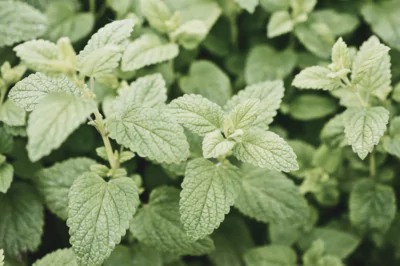
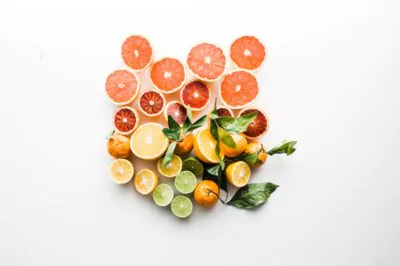
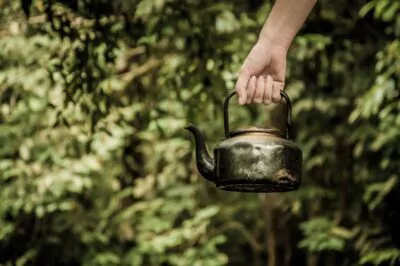
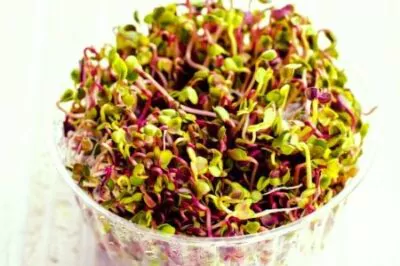

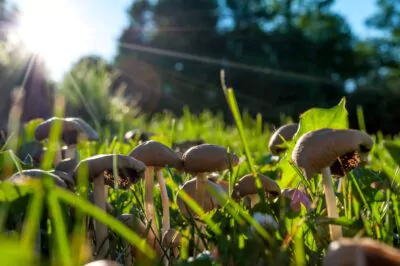
Leave a Reply